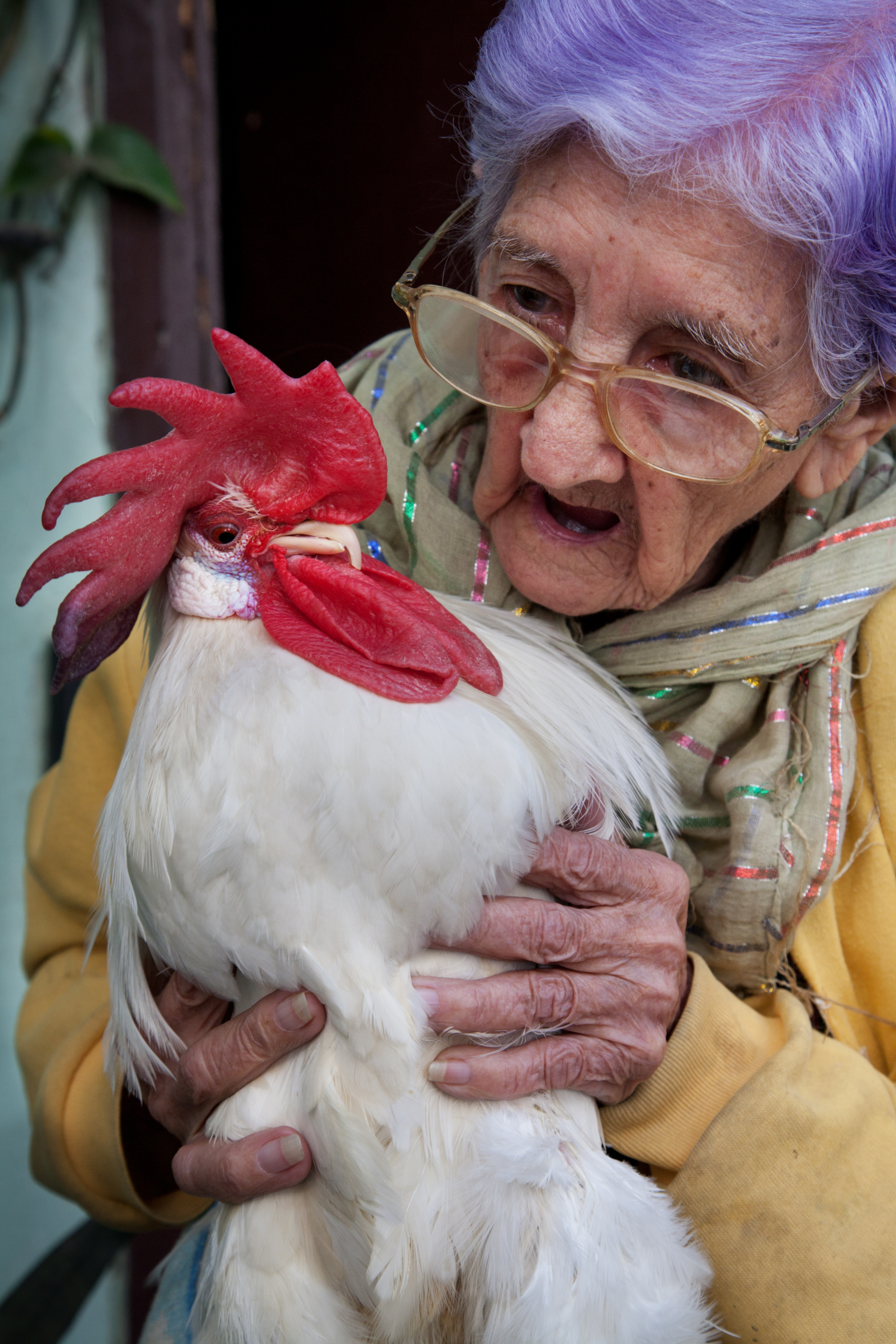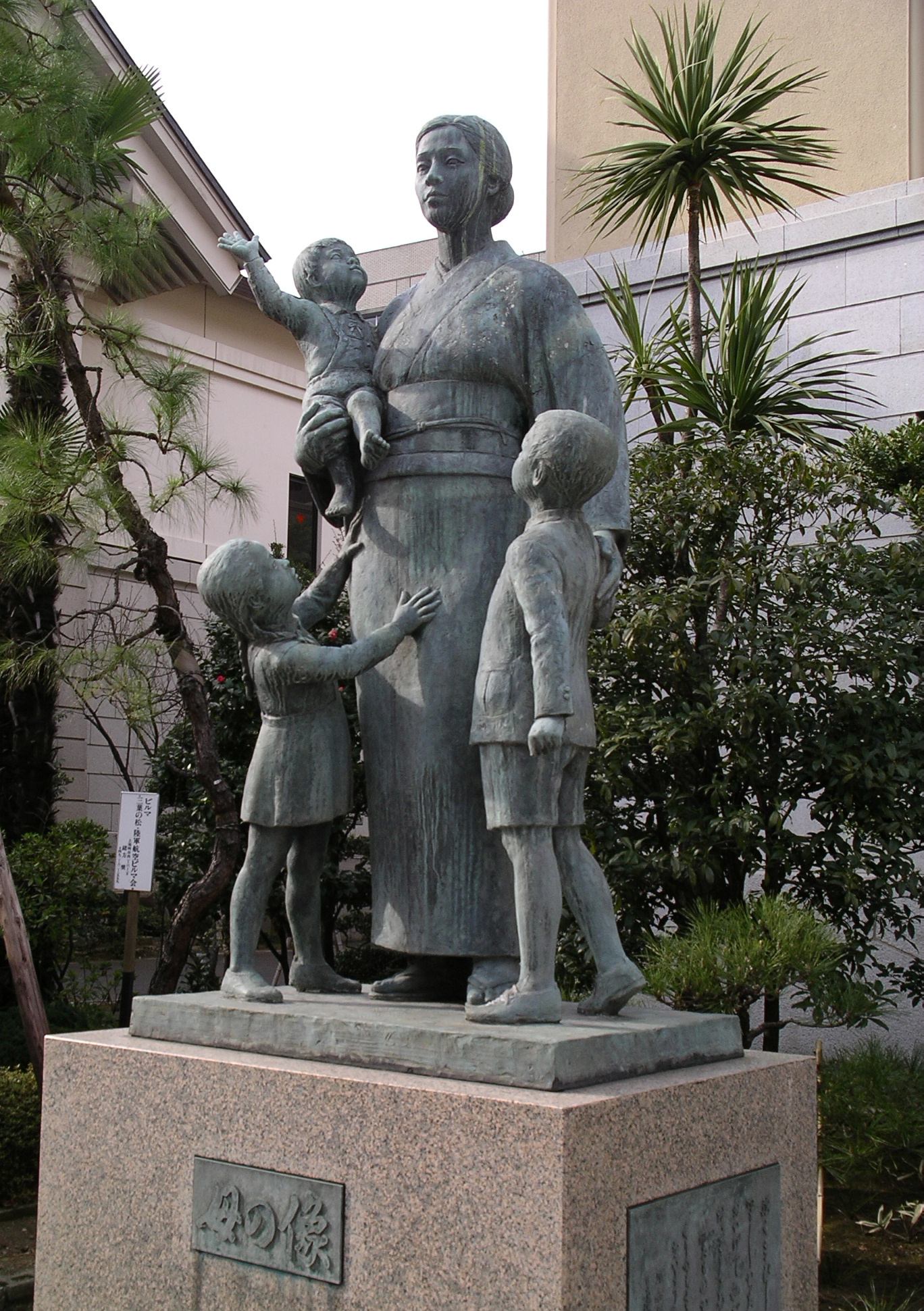|
Voluntary Childlessness
Voluntary childlessness, also called being childfree, describes the voluntary choice to not have children. In most societies and for most of human history, choosing not to have children was both difficult and undesirable. The availability of reliable contraception along with support provided in old age by one's government rather than one's family has made childlessness an option for some people, though they may be looked down upon in certain communities. According to the Merriam-Webster Dictionary, the word "childfree" first appeared sometime before 1901, and was described as a 'trend' in 2014 in ''Psychology Today'' online magazine. The meaning of the term "childfree" extends to encompass the children of others (in addition to one's own children) and this distinguishes it further from the more usual term "childless", which is traditionally used to express the idea of having no children, whether by choice or by circumstance. The term "child free" has been cited in Australian li ... [...More Info...] [...Related Items...] OR: [Wikipedia] [Google] [Baidu] |
Childlessness
Childlessness is the state of not having children. Childlessness may have personal, social or political significance. Childlessness, which may be by choice or circumstance, is distinguished from voluntary childlessness, which is voluntarily having no children, and from antinatalism, wherein childlessness is promoted. Types Types of childlessness can be classified into several categories: * ''natural sterility'' randomly affects individuals. One can think of it as the minimum level of permanent childlessness that we can observe in any given society, and is of the order of 2 percent, in line with data from the Hutterites, a group established as the demographic standard in the 1950s. * ''social sterility'', which one can also call poverty driven childlessness, or endogenous sterility, describes the situation of poor women whose fecundity has been affected by poor living conditions. * people who are childless by circumstance. These people can be childless because they have not met ... [...More Info...] [...Related Items...] OR: [Wikipedia] [Google] [Baidu] |
Birth Control
Birth control, also known as contraception, anticonception, and fertility control, is the use of methods or devices to prevent unwanted pregnancy. Birth control has been used since ancient times, but effective and safe methods of birth control only became available in the 20th century. Planning, making available, and using birth control is called family planning. Some cultures limit or discourage access to birth control because they consider it to be morally, religiously, or politically undesirable. The World Health Organization and Centers for Disease Control and Prevention, United States Centers for Disease Control and Prevention provide guidance on the safety of birth control methods among women with specific medical conditions. The most effective methods of birth control are Sterilization (medicine), sterilization by means of vasectomy in males and tubal ligation in females, intrauterine devices (IUDs), and contraceptive implant, implantable birth control. This is follo ... [...More Info...] [...Related Items...] OR: [Wikipedia] [Google] [Baidu] |
Single Parent
A single parent is a person who has a child or children but does not have a spouse or live-in partner to assist in the upbringing or support of the child. Reasons for becoming a single parent include divorce, break-up, abandonment, becoming widowed, domestic violence, rape, childbirth by a single person or single-person adoption. A ''single parent family'' is a family with children that is headed by a single parent. History Single parenthood has been common historically due to parental mortality rate due to disease, wars, homicide, work accidents and maternal mortality. Historical estimates indicate that in French, English, or Spanish villages in the 17th and 18th centuries at least one-third of children lost one of their parents during childhood; in 19th-century Milan, about half of all children lost at least one parent by age 20; in 19th-century China, almost one-third of boys had lost one parent or both by the age of 15. Such single parenthood was often short in duration, sin ... [...More Info...] [...Related Items...] OR: [Wikipedia] [Google] [Baidu] |
Peer Support
Peer support occurs when people provide knowledge, experience, emotional, social or practical help to each other. It commonly refers to an initiative consisting of trained supporters (although it can be provided by peers without training), and can take a number of forms such as peer mentoring, reflective listening (reflecting content and/or feelings), or counseling. Peer support is also used to refer to initiatives where colleagues, members of self-help organizations and others meet, in person or online, as equals to give each other connection and support on a reciprocal basis. Peer support is distinct from other forms of social support in that the source of support is a ''peer'', a person who is similar in fundamental ways to the recipient of the support; their relationship is one of equality. A peer is in a position to offer support by virtue of relevant experience: he or she has "been there, done that" and can relate to others who are now in a similar situation. Trained peer s ... [...More Info...] [...Related Items...] OR: [Wikipedia] [Google] [Baidu] |
Algemeen Dagblad
The ''Algemeen Dagblad'' () or ''AD'' () (English: "General Daily Paper") is a Dutch daily newspaper based in Rotterdam, Netherlands. History and profile ''Algemeen Dagblad'' was founded in 1946. The paper is published in tabloid format and is headquartered in Rotterdam. Its regional focus includes the cities and regions around Rotterdam, Utrecht and The Hague. ''AD Rotterdams Dagblad'' * ''Goudsche Courant'' -> ''AD Groene Hart'' * ''Rijn & Gouwe'' -> ''AD Groene Hart'' * ''Haagsche Courant'' -> ''AD Haagsche Courant'' * ''Utrechts Nieuwsblad'' -> ''AD Utrechts Nieuwsblad'' * ''Amersfoortsche Courant'' -> ''AD Amersfoortsche Courant'' * ''De Dordtenaar -> ''AD De Dordtenaar'' * ''Dagblad Rivierenland'' -> ''AD Rivierenland'' Chief editors Het Vaderland ''Het Vaderland'' was an independent newspaper founded in the Hague in 1869. In 1972, it became a regional supplement of Algemeen Dagblad for The Hague. In 1982, the newspaper was dissolved. Circulation In the period of 199 ... [...More Info...] [...Related Items...] OR: [Wikipedia] [Google] [Baidu] |
Demographic Transition
In demography, demographic transition is a phenomenon and theory which refers to the historical shift from high birth rates and high death rates in societies with minimal technology, education (especially of women) and economic development, to low birth rates and low death rates in societies with advanced technology, education and economic development, as well as the stages between these two scenarios. Although this shift has occurred in many industrialized countries, the theory and model are frequently imprecise when applied to individual countries due to specific social, political and economic factors affecting particular populations. However, the existence of some kind of demographic transition is widely accepted in the social sciences because of the well-established historical correlation linking dropping fertility to social and economic development. Scholars debate whether industrialization and higher incomes lead to lower population, or whether lower populations lead to ind ... [...More Info...] [...Related Items...] OR: [Wikipedia] [Google] [Baidu] |
Cost Of Raising A Child
The cost of raising a child varies from country to country. The cost of raising a child is usually determined according to a formula that accounts for major areas of expenditure, such as food, housing, and clothing. However, any given family's actual expenses may differ from the estimates. For example, the rent on a home does not usually change when the tenants have another child, so the family's housing costs may remain the same. In other cases, the home may be too small, in which case the family might move to a larger home at a higher cost. The formula may also account for inflation, as prices are constantly changing, and it will inadvertently affect how much it costs to raise a child. Developing countries According to Globalissues.org, "Almost half the world—over three billion people—live on less than US$2.50 a day." This statistic includes children. The calculation of the cost to raise a child in developing countries is difficult, since families often do not operate with c ... [...More Info...] [...Related Items...] OR: [Wikipedia] [Google] [Baidu] |
Minneapolis Old Age Home - Anna And Axel 20 September 1970
Minneapolis () is the largest city in Minnesota, United States, and the county seat of Hennepin County. The city is abundant in water, with thirteen lakes, wetlands, the Mississippi River, creeks and waterfalls. Minneapolis has its origins in timber and as the flour milling capital of the world. It occupies both banks of the Mississippi River and adjoins Saint Paul, the state capital of Minnesota. Prior to European settlement, the site of Minneapolis was inhabited by Dakota people. The settlement was founded along Saint Anthony Falls on a section of land north of Fort Snelling; its growth is attributed to its proximity to the fort and the falls providing power for industrial activity. , the city has an estimated 425,336 inhabitants. It is the most populous city in the state and the 46th-most-populous city in the United States. Minneapolis, Saint Paul and the surrounding area are collectively known as the Twin Cities. Minneapolis has one of the most extensive public park s ... [...More Info...] [...Related Items...] OR: [Wikipedia] [Google] [Baidu] |




